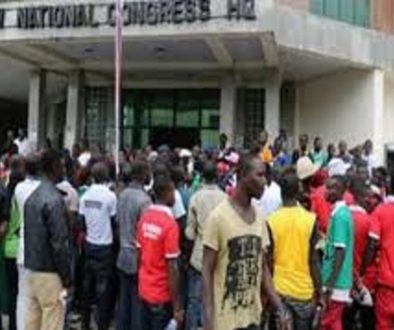Qatar’s free zone hits world class
Qatar’s free zones has grown and now at par with those in the international community.
The country, according to Manateq CEO Fahad Rashid al-Kaabi, made the achievement due to world-class infrastructure coupled with incentives and legislative framework regulating foreign investments.
Speaking to reporters on the sidelines of a recently held exhibition in Doha, al-Kaabi said Manateq sees “a lot of good opportunities” for Qatar to increase foreign direct investment (FDI) inflow.
“Qatar has the right infrastructure… we now have more flexibility in the system to attract more international companies and to compete with any other free zones in the world,” al-Kaabi pointed out.
Asked about the mix of industries under Manateq, al-Kaabi said the company is mainly focusing on the downstream industry such as manufacturing facilities specialising in petrochemicals, aluminium, and steel.
“We have different manufacturers. We’ve seen a lot of focus in steel structures, concrete supplies and ready mix. We have also seen an uptick in the automotive industry, which includes electric cars and spare parts,” al-Kaabi told Gulf Times.
He noted that Qatar is co-ordinating with other countries to ensure that the country not only supplies oil and gas but also builds partnerships in the industrial sector and downstream industry.
According to al-Kaabi, Manateq is focused on delivering the right infrastructure for any industrial or logistics operations either by providing the right location or industrial requirements such as online registration.
He said most of the plots released by Manateq are almost 100% ready, adding that the company is “opening more spaces every year.”
“We now have more small and medium-sized enterprises or any business in the logistics or industrial sectors. We would be happy to let them occupy the plots provided by Manateq in different locations,” he said.
Manateq, along with other institutions like Ashghal, Qatar Development Bank, and Qatar Tourism Authority, recently supported the inaugural staging of ‘The Big 5 Qatar’ last week.
Al-Kaabi underscored Qatar’s efforts to focus on sectors like construction, healthcare and other industries “that add value to the country’s economic diversification and development.”
“One year after the blockade, Qatar had identified most of its needs; most major projects are either operational or under construction. Most of the shortages in the market immediately after the economic blockade in June 2017 were resolved, not only with suppliers but also with the manufacturing sector.
“Qatar had also succeeded in forging joint ventures with international partners such as Turkey, Oman, Kuwait, Italy, India, and China among others.
This was evident during The Big 5 Qatar’s inaugural edition held recently in Doha where a large number of major international and local companies had participated,” al-Kaabi said.
Source: Gulf Times




